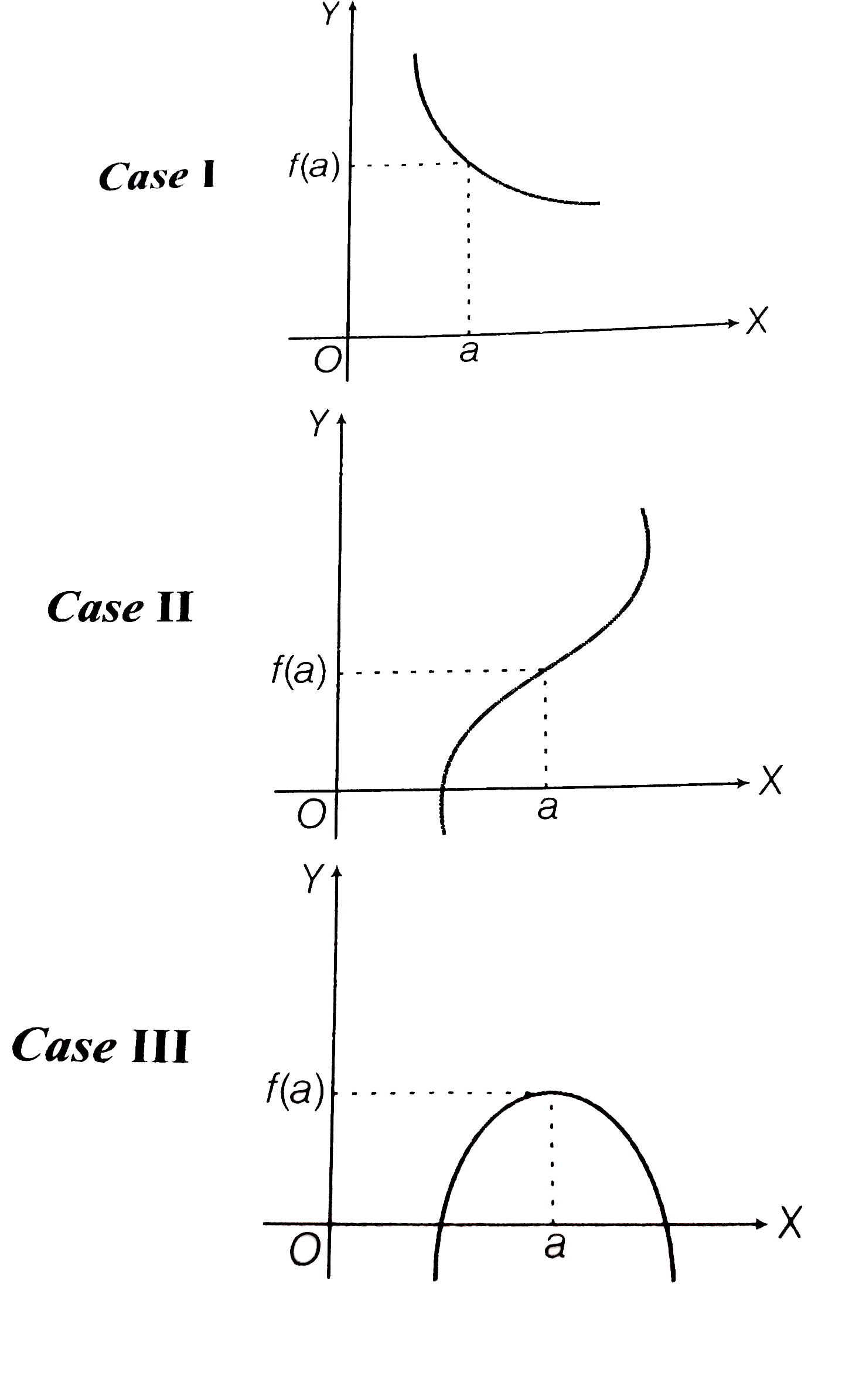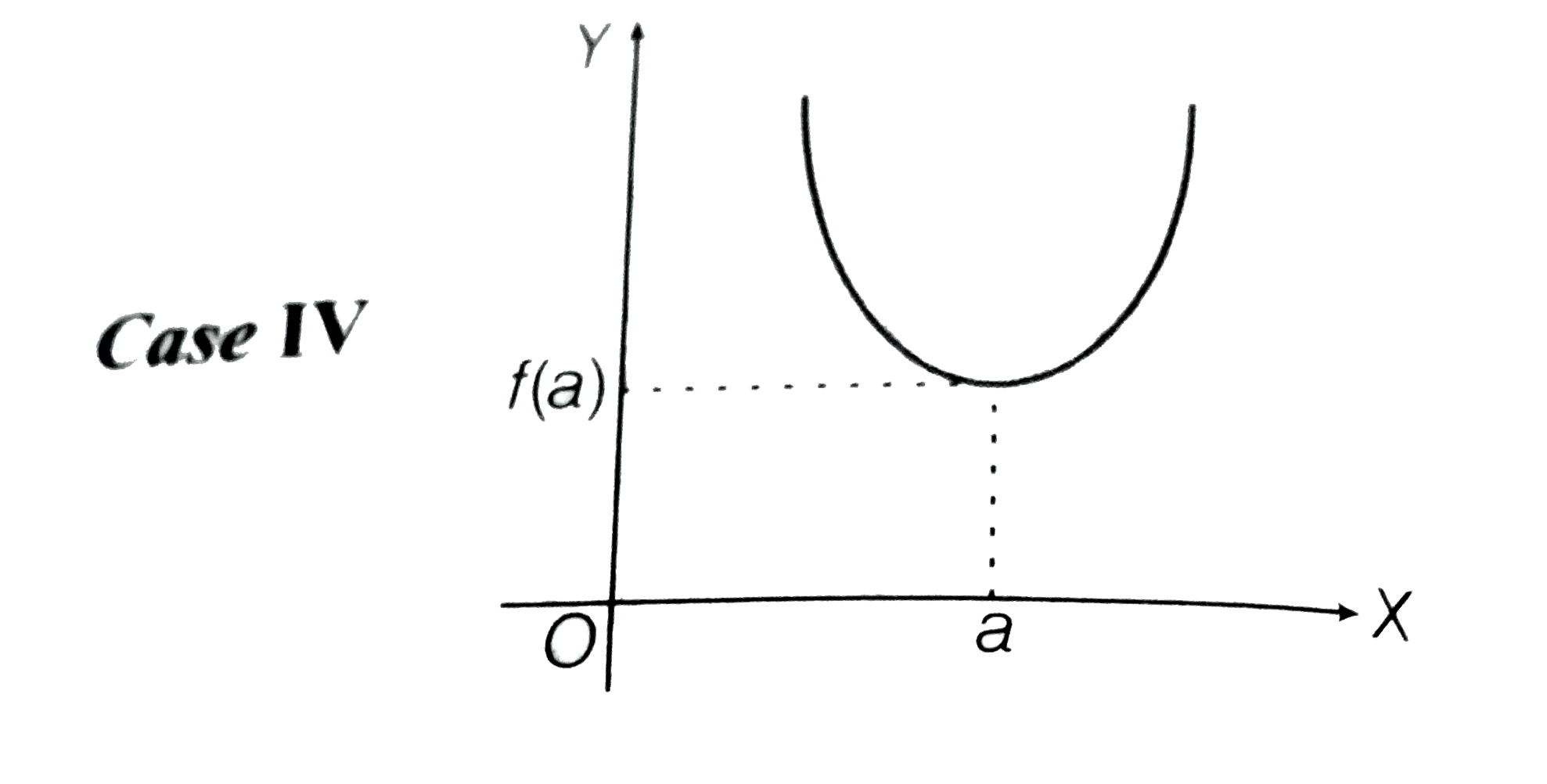Let a=min{x2+2x+3,x∈R} and b=limθ→01−cosθθ2 then the value of n∑r=0ar⋅bn−r is :Solution in Punjabi
The correct Answer is:=4n+1−12n×3
Step by step video & image solution for Let a=min {x^2+2x+3, x in R} and b=lim_(theta->0)(1-costheta)/(theta^2) then the value of sum_(r=0)^n a^r*b^(n-r) is : by Maths experts to help you in doubts & scoring excellent marks in Class 12 exams.
Updated on:21/07/2023Topper's Solved these Questions
- LIMITSBOOK - ARIHANT MATHSCHAPTER - LIMITSEXERCISE - SOLVED EXAMPLES
1 Videos
- LIMITSBOOK - ARIHANT MATHSCHAPTER - LIMITSEXERCISE - Exercise (Single Option Correct Type Questions)
38 Videos
- INVERSE TRIGONOMETRIC FUNCTIONSBOOK - ARIHANT MATHSCHAPTER - INVERSE TRIGONOMETRIC FUNCTIONSEXERCISE - Exercise (Questions Asked In Previous 13 Years Exam)
8 Videos
- LOGARITHM AND THEIR PROPERTIESBOOK - ARIHANT MATHSCHAPTER - LOGARITHM AND THEIR PROPERTIESEXERCISE - Exercise (Questions Asked In Previous 13 Years Exam)
4 Videos
Similar Questions
To evaluate limx→a[f(x)], we must analyse the f(x) in right hand neighbourhood as well as in left hand neighbourhood of x=a. E.g. In case of continuous function, we may come across followign cases.


Iff(a) is an integer, the limit will exist in Case III and Case IV but not in Case I and Case II. If f(a) is not an integer, the limit exists in all the cases. ltbgt If f'(1)=−3 and limx→1[f(x)−12] does not exist, (where [.] denotes the greatest integer function), then
View Solutionlimx→0sin(πcos2(tan(sinx)))x2 is equal to
View SolutionIf α=3sin−1(611andβ=3cos−1(49), where the inverse trigonometric functions take only the principal values, then the correct options (s) is (are)
View SolutionIn Which quadrant Point (−2,−3) will be lie.
View SolutionLet n be an odd integer.If sin n theta=sum_(r=0)^(n)b_(r)sin^(r)theta for all real theta is
View SolutionLet a=min{x^(2)+2x+3,x in R} and b=lim_(theta rarr0)(1-cos theta)/(theta^(2)) then the value of sum_(r=0)^(n)a^(r)*b^(n-r) is :
View SolutionLet a=min{x^(2)+2x+3,x in R} and b=lim_(theta rarr0)(1-cos theta)/(theta^(2)) then the value of sum_(r=0)^(n)a^(r)*b^(n-r) is :
View SolutionThe value of lim_(x rarr0)[(1-2x)^(n)sum_(r=0)^(n)-r((x+x^(2))/(1-2x))^(r)]^((1)/(x)) is :
View SolutionIf a=min(x^(2)+4x+5,x in R) and b=lim_(theta rarr0)(1-cos2 theta)/(theta^(2)) then the value of sum_(r=0)^(n)a^(r)b^(n-r) is
View Solutionlim_ (x rarr oo) sum_ (r = 0) ^ (n) ((1) / ((r + 2) n ^ (r)) =
View Solutionlet a=min[x^(2)+2x+3,x in R] and b=lim_(x rarr0)(sin x cos x)/(e^(x)-e^(-x)) then the value of sum_(r=0)^(n)a^(r)b^(n-r) is
View SolutionLet a=min{x2+2x+3:x∈R}andb=limx→0sinxcosxex−e−x. Then the value of n∑r=0ar,bn−r, is
View SolutionIf a=min{x2+4x+5:x∈R}andb=limθ→01−cos2θθ2, then the value of n∑r=0.nCrarbn−r, is
View SolutionLet a=min(x2+2x+3:x∈R) and b=limθ→01−cosθθ2. Then n∑r=0arbn−r is
View SolutionLet a=min{x2+2x+3,x∈R) & blimθ→01−cosθθ2. The value of n∑r=0arbn−r is
View SolutionLet n be an odd integer. If sinnθ=n∑r=0brsinrθ for every value of θ, then
View Solution
